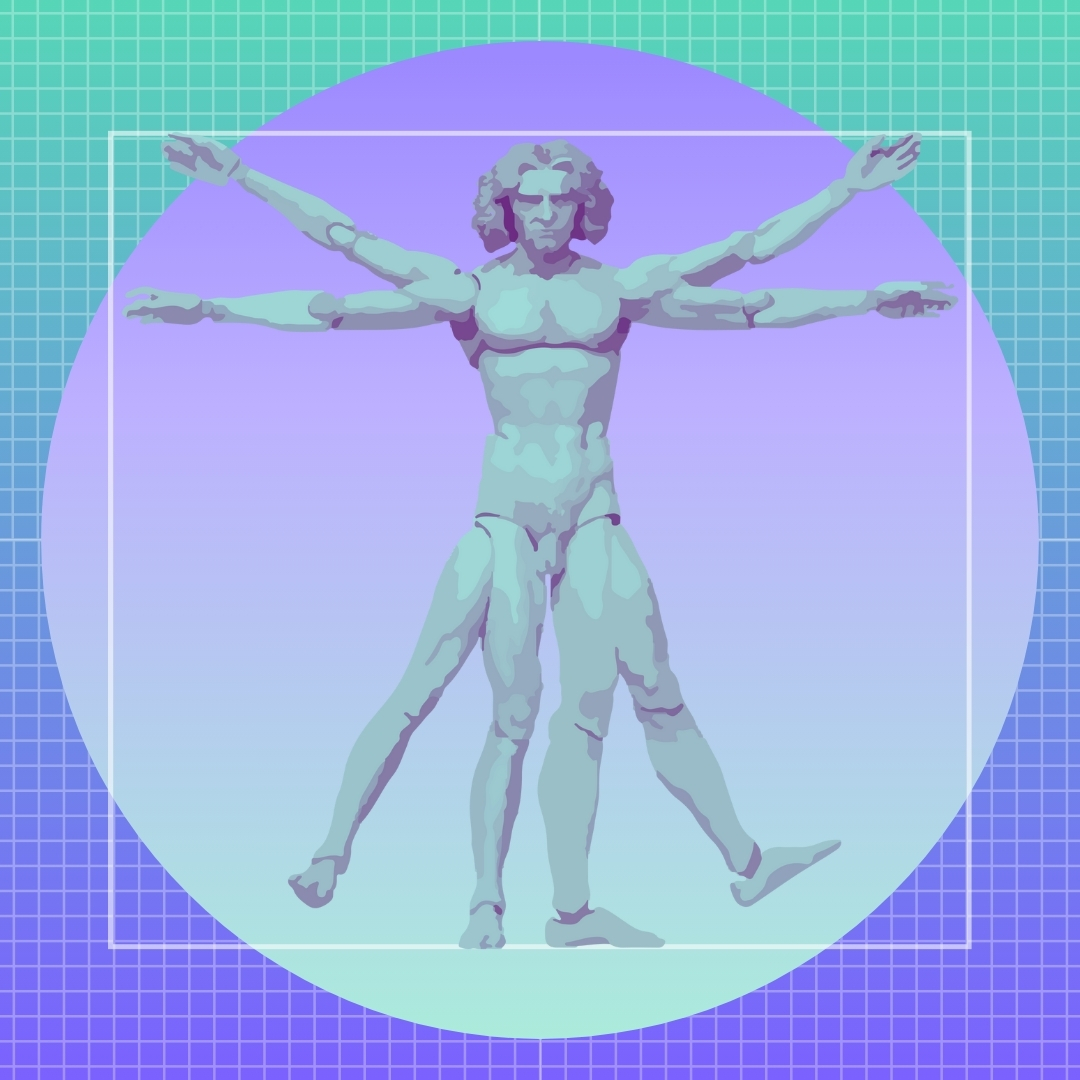Why Building and Maintaining Muscle Mass Matters

When most people think about muscle, they think of strength, aesthetics, or athletic performance. But muscle is more than just a “fitness” concern. It’s a vital, often underrated marker of long-term health, resilience, and even longevity.
Muscle plays a central role in how your body uses energy. It is one of the most metabolically active tissues in the body, responsible for:
Muscle isn't just about movement. It's about maintaining energy balance and reducing chronic disease risk.
Muscle mass naturally declines with age, a process called sarcopenia. Without intervention, this can lead to:
Resistance training and adequate protein intake can slow, stop, or even reverse muscle loss in older adults.
Muscle interacts with your immune and endocrine systems. It produces signaling molecules called myokines, which:
More muscle often means better immune response, especially under physical or emotional stress.
You don’t need to be a bodybuilder to benefit. For most people, maintaining and building functional muscle:
Even small increases in muscle mass and strength can translate into large improvements in quality of life.
Muscle is not just for athletes. It’s for anyone who wants to age well, feel stronger, recover faster, and reduce their risk of chronic disease. Investing in your muscle now is one of the best decisions you can make for your future self.
Forget the six-pack. Think of muscle as your body’s built-in health insurance.